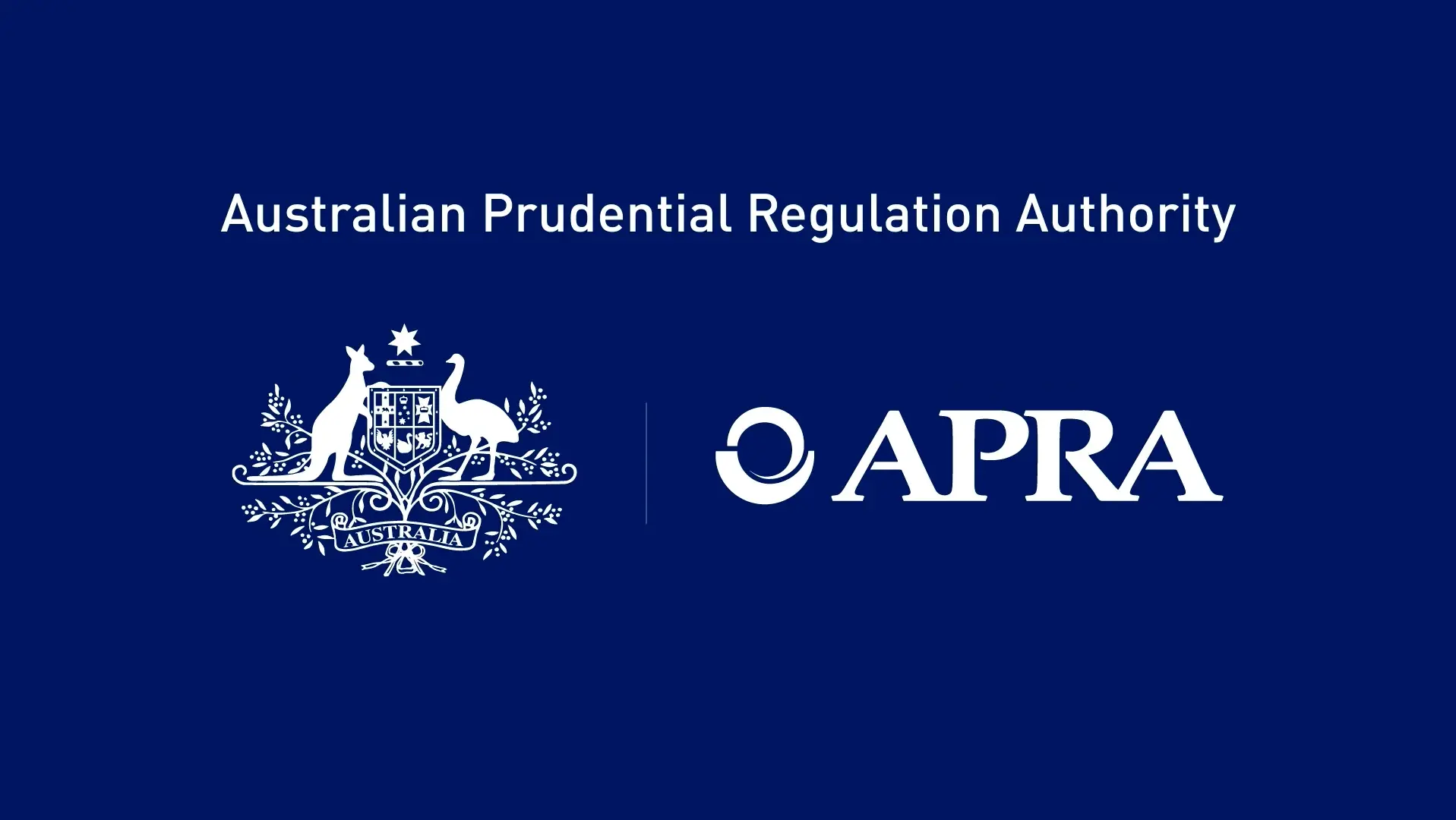Directors would be limited to 10-year terms on the boards of Australia’s banks, insurers and superannuation trustees under new rules from the nation’s prudential regulator.
This was among the proposals announced by the Australian Prudential Regulation Authority (APRA) to strengthen the prudential governance framework for these institutions.
Described by APRA as the first significant update to its governance standards for more than a decade, the other proposed changes are:
- lifting requirements for boards to have the right mix of skills and experience to deliver strategy
- raising minimum fitness and propriety standards and requiring significant financial institutions to engage with APRA on succession planning and potential appointments
- extending conflicts of interest management requirements from superannuation to banking and insurance
- strengthening board independence, especially in relation to group entities, and
- clarifying expectations about the roles of boards, the chair and senior management.
APRA Chair John Lonsdale said effective governance was fundamental to financial stability and sound risk management.
“It is no coincidence that almost 80% of entities subject to heightened risk-based APRA supervision have underlying governance problems,” Lonsdale said in a media release.
“While overall standards of governance have improved over recent years, we still see areas of weakness, including entities treating compliance with some requirements as a box-ticking exercise.”
APRA said it would seek feedback on its governance review discussion paper for three months and planned to release updated prudential standards and guidance for formal consultation in the first half of 2026 with the updated framework to be published by the start of 2027 before starting by 2028.



